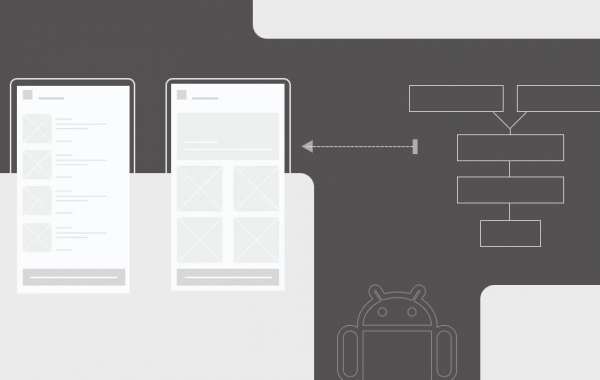When it comes to iOS app development, the choice of programming language can considerably impact the success of your project. Swift and Objective-C stand as the primary contenders in this arena. Each speech comes with its own set of advantages and drawbacks. In this article, we'll weigh the pros and cons of Swift and Objective-C to help you make an informed decision for your next app development endeavour.
Swift's Pros:
Modern Syntax and Readability: Swift's syntax is designed to be clean and concise, making code more readable and maintainable. This can lead to faster development and easier collaboration among team members.
Safety Features: Swift was built with a strong emphasis on safety. Features like optional types, type inference, and automatic memory management help prevent common programming errors and reduce crashes.
Performance: Swift's advanced compiler and optimizations lead to faster execution and better memory management, resulting in high-performing applications.
Dynamic Libraries: Swift supports dynamic libraries, which can lead to smaller app sizes and more accessible updates through code distribution outside of the App Store.
Playgrounds and Interactivity: Swift's playgrounds allow developers to experiment with code in real time, aiding in rapid prototyping and learning.
Swift's Cons:
Learning Curve: Despite its readability, Swift's modern features might require a learning curve, especially for developers accustomed to other programming languages.
Compatibility: Swift has undergone several iterations, leading to changes that might impact the compatibility of older Swift code with newer versions.
Objective-C's Pros:
Legacy Codebases: If you're working on existing projects, Objective-C's compatibility with legacy code can be a lifesaver, saving time and resources during migration.
Deep Integration: Objective-C is deeply integrated with iOS frameworks and C libraries, providing a direct path to low-level system interactions.
Large Developer Base: With years of development, Objective-C boasts a robust community, ensuring access to ample resources and support.
Flexibility: Objective-C's dynamic nature allows runtime introspection and method swizzling, enabling unique solutions to complex problems.
Objective-C's Cons:
Verbose Syntax: Objective-C's syntax can be verbose and more challenging to read than Swift's, potentially slowing development and increasing the chances of errors.
Memory Management: Manual memory management in Objective-C can be error-prone, leading to memory leaks and crashes if not handled carefully.
Conclusion:
Choosing between Swift vs Objective C boils down to your project's specific needs and your team's familiarity with the languages. Swift offers modern features, safety, and performance advantages, making it an attractive choice for new projects. However, Objective-C's compatibility, legacy support, and deep integration can be invaluable for maintaining and transitioning existing apps. Deal the pros and cons of each language will help you make an informed decision that aligns with your development goals.














